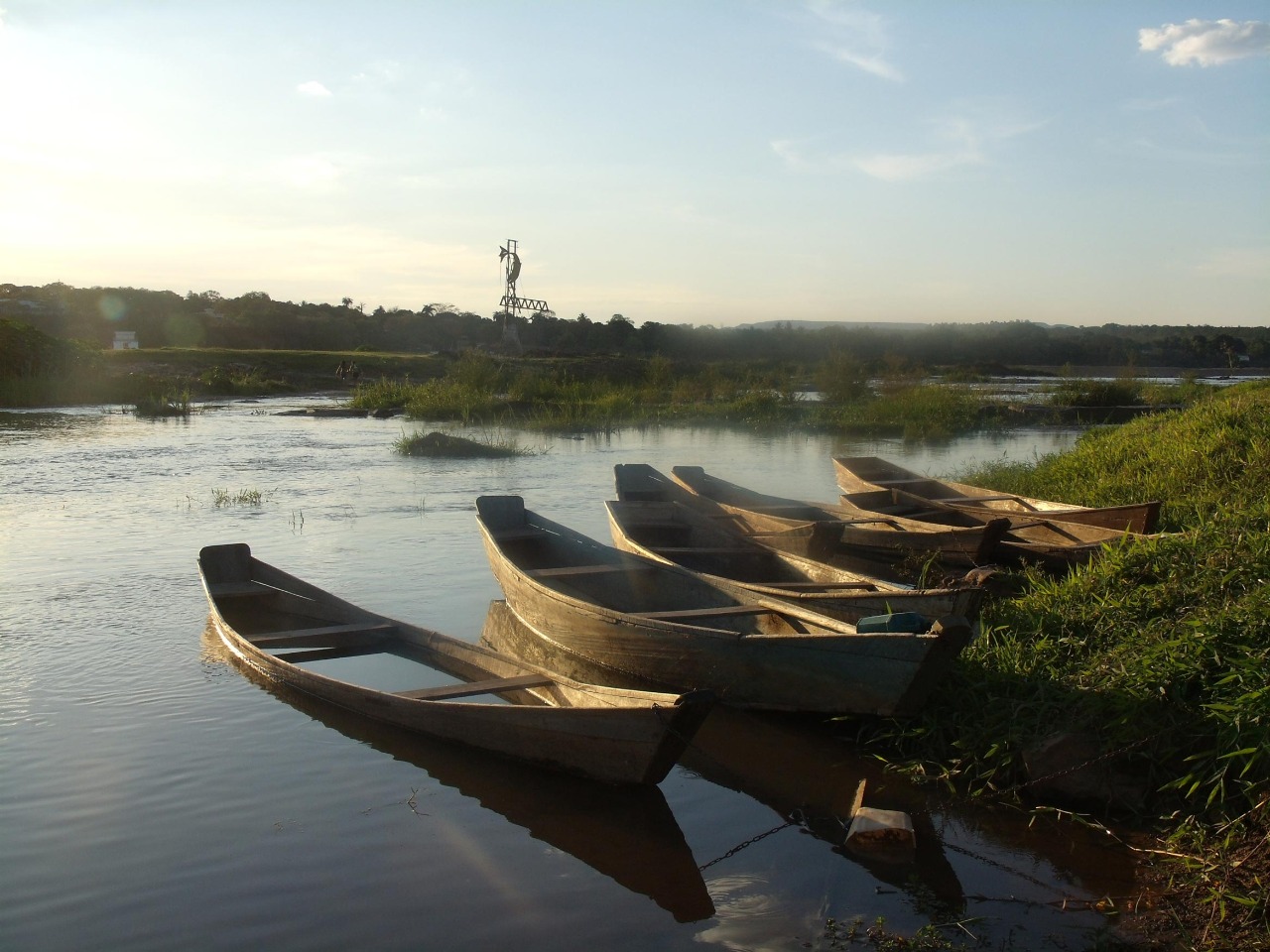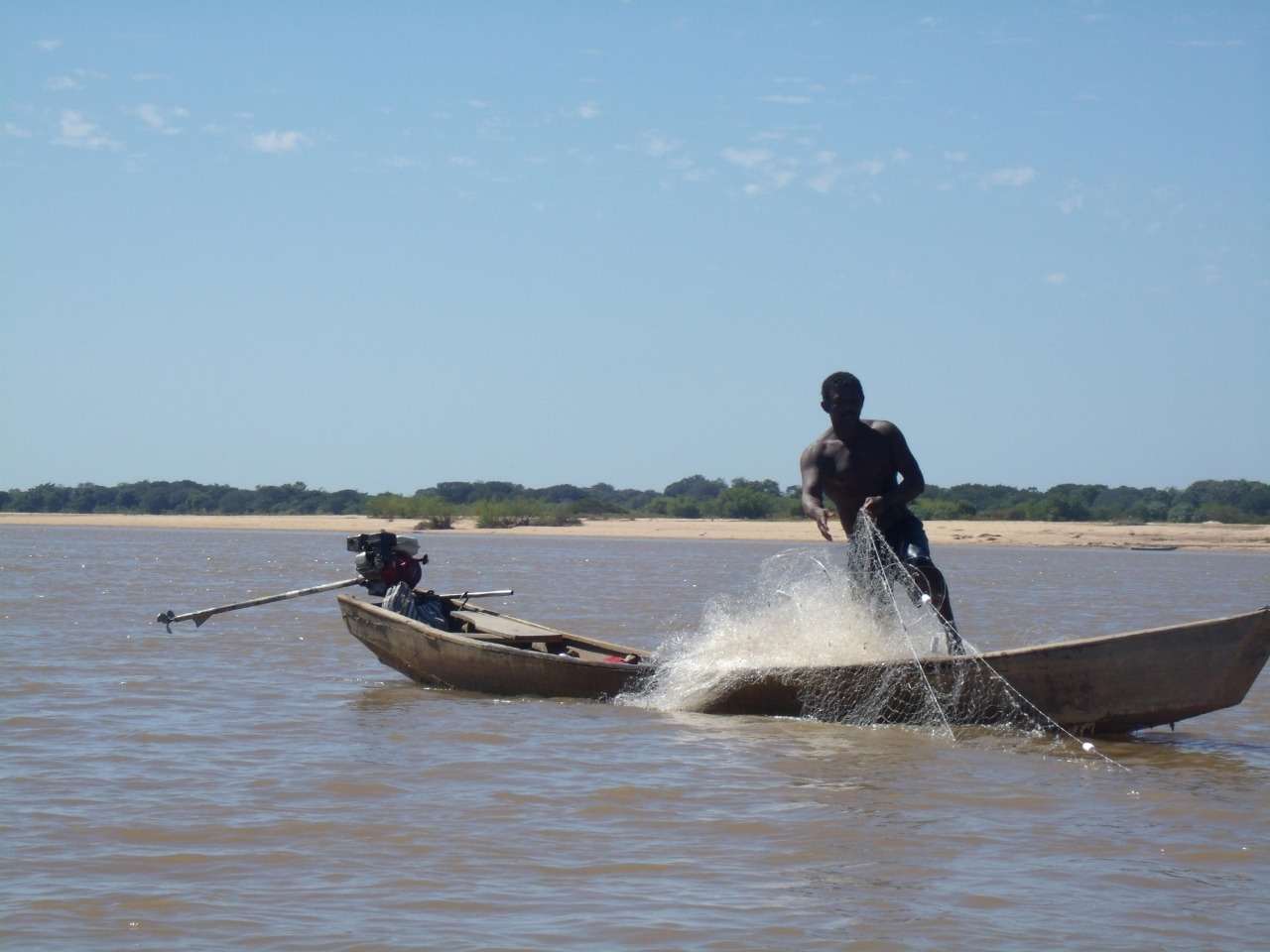SÃO PAULO — In the past few months, there has been an escalation in the number of incursions of territories traditionally occupied by artisanal fishing communities in Brazil, according to the Bishops’ Conference’s Fishermen Pastoral Council (CPP).
Since the COVID-19 pandemic started, the South American country has seen a surge of land conflicts in natural reservations and rural areas. Indigenous peoples, peasants, and quilombolas (the descendants of African slaves who fled captivity in colonial and imperial times and settled in the countryside) have been victimized by ranchers who want to expand their farming areas, as well as illegal miners and loggers.
Catholic activists have denounced the government for reducing the number of monitoring operations to prevent illegal activities.
“The pandemic is currently growing in Brazil’s countryside. Along with the virus, land conflicts have increased too. The partial suspension of the work in many governmental agencies [due to the pandemic] made the invaders’ situation easier. We’ve been receiving several reports on such occurrences involving artisanal fishermen,” Ormezita Barbosa, CPP’s executive secretary, told Crux.
Artisanal fishing is conducted by individuals and families, often members of traditional communities using methods handed down generation to generation. Several areas where it is practiced are protected under Brazilian law.
Both coastal and riverside communities have been threatened by outsiders or impeded to work properly. In Bahia State, where vast seaside territories have huge touristic and fishing potentials, the area of the artisanal fishermen community of Conceição de Salinas, near the state capital Salvador, has been partially taken over by a real estate venture.

“It occupies 60 percent of our traditional land, including forest areas. The local authorities have been complicit in its development. At this point, they’re building houses at full throttle,” community leader Elionice Sacramento told Crux.
Conceição de Salinas, one of the major fishing zones in the region, is a quilombola community. Its traditional territory hasn’t been fully recognized by the federal government yet – land grants in such cases involve anthropological studies and several legal requirements that usually take many years to complete.
Although the community’s right over the area isn’t definitive, the certification already obtained should guarantee that nobody would feel entitled to invade it. But what really happens is the legal precariousness makes the community vulnerable to occupations and threats.
COVID-19 has brought additional problems.
“Since the pandemic began, we’ve also been forbidden to sell our catch in the nearby cities’ street markets. We’ve had to sell our production for only 30 percent of its value. We’re working more and eating less,” Sacramento said.
In Graciosa, an artisanal fishing community 70 miles south of Conceição de Salinas, local businessmen have taken advantage of the pandemic to intensify their efforts to produce shrimp in the area. Graciosa is also a quilombola community still waiting for the conclusion of the land grant process.
“Those entrepreneurs are trying to persuade young members of our community to implement shrimp ponds on mangroves. They know that they’ll be able to easily take the ponds from them later. They’re using the young men only to legitimatize their presence in our land,” claimed community leader Nildo Bonfim.
According to Bonfim, all waste that is generated during the process is thrown into nearby rivers, causing chemical contamination that can harm fishing in the area.
“They want to dismantle our fishing community and take hold of our territory. The region is being destroyed by shrimp farming,” he said.
Tourism entrepreneurs are also active in the area and have sometimes even announced their plans for the development of the community’s lands.
With the lack of control during the pandemic, Bonfim – who is the most vocal opponent of the businessmen’s plans – has been feeling more and more intimidated.
“The other day, those people showed up here accompanied by a policeman. They wanted to scare me. As an activist, I’m very vulnerable now. If this pandemic takes much longer, I don’t know what will happen,” he said.

The CPP advised Graciosa’s leaders on their legal rights and introduced them to activists from other regions in an effort to strengthen their common demands.
The council is also active in the north of Minas Gerais State, where the banks of the huge River São Francisco have been the object of several conflicts in the past decades.
“Such lands are owned by the government. Many fisher communities have lived there for centuries, but local farmers have displaced them and are judicially claiming ownership,” Sister Neusa do Nascimento, a member of the CPP, told Crux.
The fisher communities don’t have money to pay lawyers, so the CPP and other popular movements have been helping them to organize some kind of political resistance.
Recently, sport fishermen’s clubs have also occupied the banks of the river. Tourists from many regions of the country have gone there to fish during the pandemic.
“They fish till late at night. Many of them complain about our presence, so we have to avoid them. We’re also scared of being infected by those people. So, I have been waiting all day long to catch something in the river,” said Clarindo Pereira dos Santos, a member of the Canabrava fisher community. He claimed that no government agents have visited the region in order to restrain the activities of the sport fishermen.
The members of the Canabrava community have been catching much smaller volumes of fish since the pandemic began. At times, sport fishermen threatened them – Dos Santos said that in June someone shot a gun when he approached the river at night.
“The other day I was cursed and humiliated by a few sport fishermen. Many of them are racist. They said the River São Francisco will be totally theirs. I didn’t respond … I don’t know who they are,” he said.
Dos Santos’s community, which is quilombola, was violently expelled from its traditional land in 2018 by local farmers. He and his colleagues and relatives now live in a small portion of land provisionally conceded to them by another farmer.
“We always had a small farming area. Since then, we’ve been trying to plant in a river island, but a nearby dam sometimes raise the water level and we lose everything that we had planted,” he said.
Do Nascimento explained that in May, President Jair Bolsonaro approved the continuance of a plan to install a hydroelectric plant on River São Francisco that would cause several environmental transformations in the river, with great impact on its fish stocks.
“His administration took advantage of the pandemic to proceed with that project. There’s no popular mobilization against it at this point,” she said.
The religious sister said that the CPP has reduced the number of visits to the River São Francisco communities during the pandemic in order to avoid contagion but has distributed food and hygiene kits to them.
Dos Santos says that the CPP has a very significant role in the local communities’ survival.
“They help us all the ways possible. If it wasn’t for them, many of us would have already disappeared,” he said.
The repeated mentions from Pope Francis to the relevance of “traditional communities” are also something special for Dos Santos.
“The pope always includes us in his prayers. His attitude backs us up in all parishes and dioceses,” he said.
















